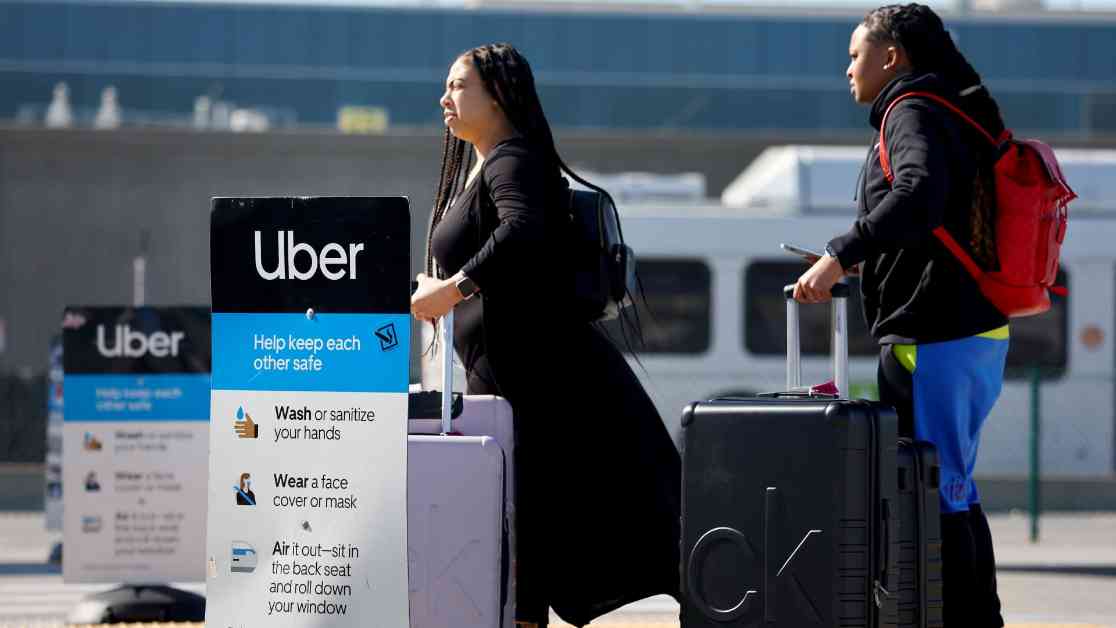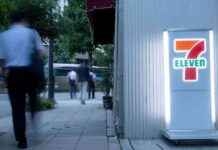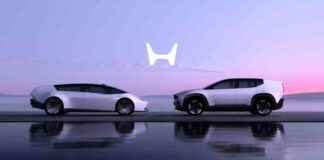Delta Air Lines has made a significant move in the travel industry by teaming up with Uber to enhance its SkyMiles loyalty program. This decision marks the end of an eight-year partnership with Lyft, signaling a shift in how travelers can earn rewards while on the move.
Revolutionizing Loyalty Programs
Starting this spring, Delta SkyMiles members can now earn rewards by linking their accounts to Uber. With this new collaboration, passengers can earn one mile for every dollar spent on UberX airport rides, two miles for premium rides like Uber Comfort and Uber Black, and three miles per dollar on Uber Reserve trips. Additionally, members can earn one mile for every dollar spent on Uber Eats orders over $40 from select restaurants and grocery stores.
This innovative approach aims to streamline the airport travel experience, providing travelers with more incentives to choose Delta and Uber for their transportation needs. Uber CEO Dara Khosrowshahi highlighted the importance of this partnership, emphasizing the commitment to making travel efficient, affordable, and effortless for customers.
Evolution of Partnership Strategies
Delta’s decision to transition from Lyft to Uber reflects the changing landscape of loyalty programs in the airline industry. By expanding partnerships with companies like Starbucks, Hertz, and Ticketmaster, Delta is capitalizing on the potential for increased customer engagement and revenue generation.
While Delta has not provided specific reasons for ending its partnership with Lyft, the airline’s collaboration with American Express offers valuable insights. With AmEx offering credits for Uber rides and food delivery to cardholders, Delta’s strategic move aligns with its financial projections and long-term revenue goals.
Impacts and Insights
As Delta prepares to release its quarterly earnings, the airline anticipates significant financial gains from its partnerships and loyalty programs. With a focus on enhancing the customer experience and maximizing revenue streams, Delta’s shift to Uber signifies a strategic evolution in its business model.
Meanwhile, Lyft and Uber continue to dominate the ride-hailing market, with millions of active users and billions of rides completed annually. Uber’s recent expansion into shuttle services and innovative tech solutions underscores its commitment to revolutionizing the transportation industry.
In conclusion, Delta and Uber’s collaboration represents a forward-thinking approach to loyalty programs and customer engagement in the travel sector. By leveraging strategic partnerships and innovative solutions, both companies are poised to redefine the travel experience for passengers worldwide.



















